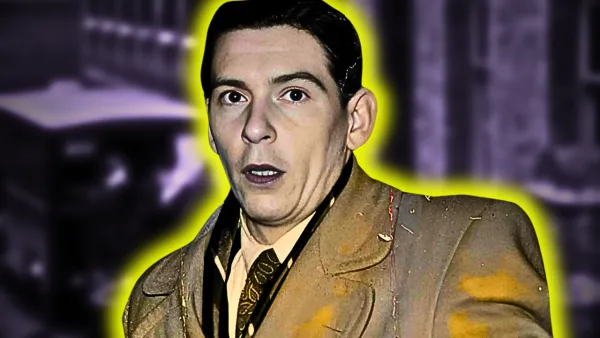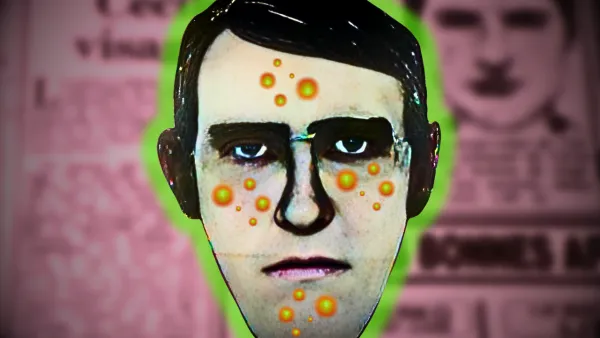This Serial Killer Claimed He Would “Eat His Father’s Heart”… no one thought he was serious.

I can’t think of a worse way to die than to be spaghettified through an old-timey sugar cane machine. The two massive steel rollers compressing the human tissue with the tremendous force designed to flatten and extract liquidy sugar from within the cane. And a slow death too, given the bare bones hand-cranked machines like the one that Pedro Filho Rodrigues shoved his older cousin into at fourteen years old.
Pedro would later say that, “Without much experience of anything, I thought that a body could pass through the grinder.”
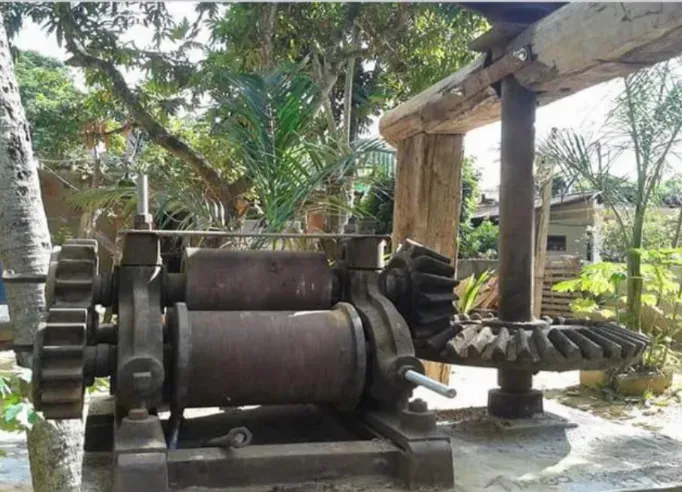
Still, the sight of the gigantic apparatus wringing the arms like an almost empty tube of toothpaste, and the blood redirecting itself away from the fingers and spurting out from the capillaries. It must have been a crazy sight to see.
“I grabbed him and pushed him into the cane grinder. I thought his whole body would pass through the grinder, just like cane does. I stood there watching, waiting for the body to pass, but it didn’t, it just made noise.”
Realizing that the body wasn’t passing through the grinder, Pedro brought down his machete (used for cutting down the sugar cane) on the backside of his cousin’s neck, and with a few good whacks, sliced it clean off its seams and into the grinder. Squish.
“I took the machete and started cutting him all over. It was blood everywhere, until when I cut off his head; it fell into the machine and kept screeching and screeching.”
And at that moment, when his cousin’s head passed unobstructed through the large steel grinders, little Pedro, who would later become known as Pedrinho Matador, or Little Petey, would begin his life of crime and murder; claiming nearly one-hundred victims, all before his twenty-first birthday.
Too Many Mouths

It seemed that from his moment of birth, Pedrinho was going to have a hard and troubled existence. Not only were his parents, Emanuela and Pedro Sr. poor, but they needed to feed eight children, and on a one-parent meager salary. Pedrinho and his siblings often went hungry.
These financial hardships brought tension within the Filho family, and Pedro Sr., often feeling worthless, found a companion in a whiskey bottle, sucking down much of his family’s livelihood. However, the evenings at the local pub brought him an only brief reprieve, and after a long night of pity drinking, would stumble home to Emanuela and the children, who were already expecting his violent wraths.
On one particular evening of excessive drinking, sauced-up and more bitter than usual, Pedro Sr. accused Emanuela of infidelity (impossible for a woman sealed in the home all day), kicking her seven-month pregnant belly. Even today, Pedrinho still bears the scar where his own father crushed in his skull that night as a baby.
Principles
When Pedrinho turned fifteen, Pedro Sr., who worked for the mayor inside the City Hall, was suddenly fired from his position. The mayor took it upon himself to accuse him of theft, but provided no actual proof he stole anything at all. In fact, it was the mayor who was crooked; he embezzled funds and diverted city taxes through his own business interest. He left the citizens who he was supposed to support to suffer in poverty.
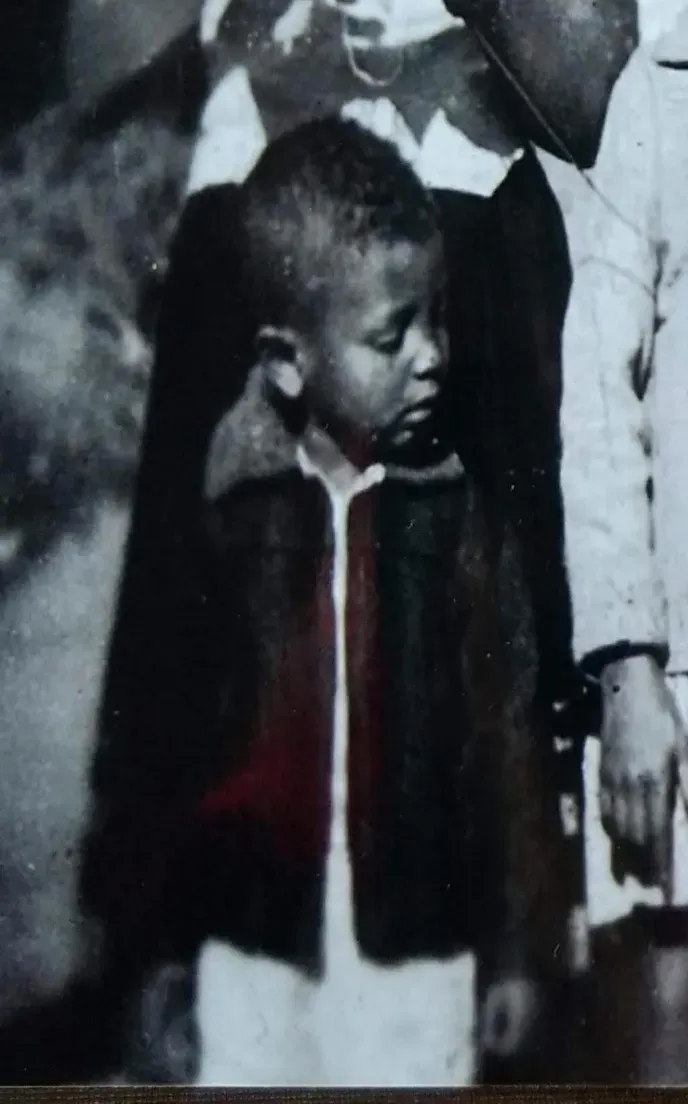
According to Pedrinho, the day the mayor fired his father was the day he realized how cruel and unfair the world was around him. But unlike others, Pedrinho would not fall in line.
Since he had already developed a blood lust, Pedrinho seized his grandfather’s rifle and found himself outside the mayor’s home. For hours, he remained quiet in the bushes outside the mayor’s two story residence. The sight of opulence the mayor hoarded did nothing but reinforce the hatred he was feeling. Sometimes revenge is the only answer. Finally, in a “car that only the rich had,” his target had pulled up to the front gate. Stepping out of the car, the mayor reached over to unlock the gate, when he spotted the dirt covered teenager aiming his single-shot rifle in his direction.
The few second delay was not the boy’s nerves, but that he wanted the mayor to recognize him; the son of Pedro Sr., and the man that he carelessly dismissed.
Pedrinho fired two shots, one of which hit the mayor in the head, killing him instantly. Within seconds, he had put an end to a crooked man’s unfairness. The universe was once again balanced. But now at only fifteen-years-old, Pedrinho became a wanted man. Leaving his childhood city for good, he arrived in Mogi das Cruzes only days later, where a new chapter in his life began.
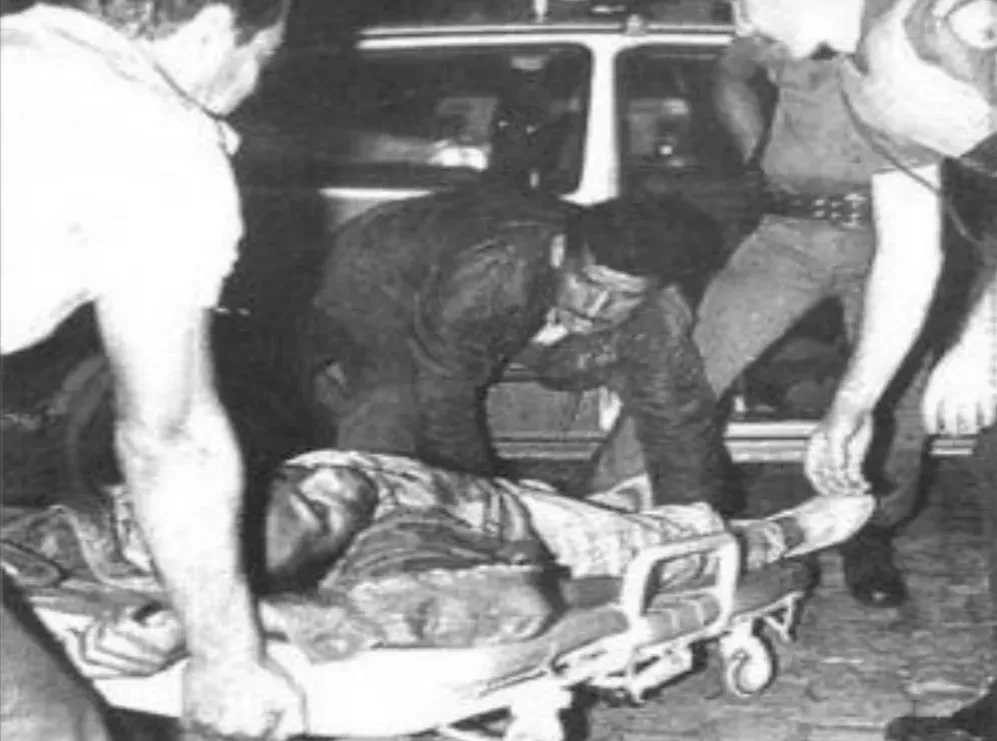
Pedrinho da Cartucheira
Omar Devone Little, a fictional character from the popular 2000s police drama The Wire, portrayed a Baltimore ‘stick-up boy’, who surprised drug dealers with a sawed-off shotgun and then stealing their drugs to sell to a rival dealer. Omar Little’s character was akin to Pedrinho's life as a fifteen-year-old living in Mogi das Cruzes.
Pedrinho was also a ‘stick-up’ boy. He also carried a shotgun, but unlike Omar Little, Pedrinho was real.

Packing his twelve-inch, double-barreled shotgun, Pedrinho quickly made a name for himself.
Instead of hoarding money like other dealers, he gave back to his community, building parks, helping poor families, and providing security in the streets. Pedrinho had made a lot of enemies (there were at least ten close attempts on his life) but as his Robin Hood-esque operation grew, so did his supporter base.
He was, in essence, protected, but quickly created a new enemy. La polícia.
The Death Squad
Pedrinho had claimed at least thirty lives while living in Mogi das Cruzes, although he has since lost count.
“I stopped because I believe that this number (eventually over 100) will never end.”
Those who he killed, he would later claim, were not innocent. He targeted society’s scum: rapist, thieves, and murderers.
“When I say “my enemies”, I mean in a general way. My enemies are your enemies; they are all those who do harm to parents, who want to steal from the poor, who want to do harm to the poor.”

This new notoriety of becoming one of the most successful drug traffickers attracted attention from the police, who would later form a drug task force, aptly named, the “Death Squad.” Their primary target was none other than Pedrinho.
Unsuccessful in capturing Pedrinho for several months, the Death Squad decided to cross a forbidden line. They dragged in Pedrinho’s mother for questioning, or in other words, for bait. This strategy worked to lure out Pedrinho, who brazenly rushed towards the awaiting officers. The Death Squad opened fire.
“I fell and rolled down the ravine and with each turn that my body took down the hill, I felt a bullet pierce me. My eyesight darkened, I was hearing screams, cries, people saying, “KILL HIM! KILL HIM” I couldn’t defend myself, I searched for strength, but I couldn’t find it.”
A New Best friend
Pedrinho turned down an isolation cell after being cautioned that he had many enemies inside the prison walls. He responded by saying he would be more than happy to confront them on his own terms.
“I’m going with the other prisoners. I’m a man and I’d rather die inside there as a man fighting than join with these trash and rapists.”
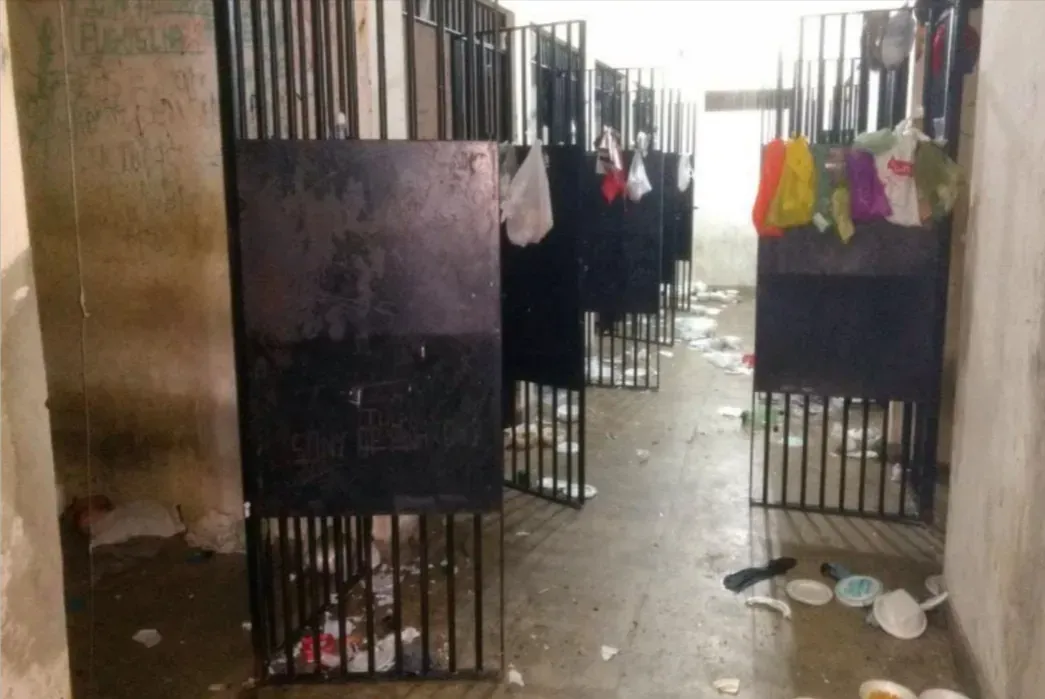
Convicted for fifty murders, Pedrinho had a lot of time to himself. His first order of business was to make what he considered his ‘closest friend’, a prison shank made by grinding down a spoon from the cafeteria to the sharpest point possible.
His next order of business was to spend hours each day training in Capoeira, a Brazilian dance-like self defense. Practitioners of Capoeira use their legs as weapons, swinging them around with sufficient force to break a person’s bones or crush in a human skull.
Eating His Father’s Heart
Pedro Filho Rodrigues served forty-two years in prison, the longest sentence served in Brazil’s history. Throughout his years in confinement, there were multiple attempts on his life, none ever successful. The hardened inmate even survived the Carandiru, a massacre that left one-hundred and thirteen prisoners dead.
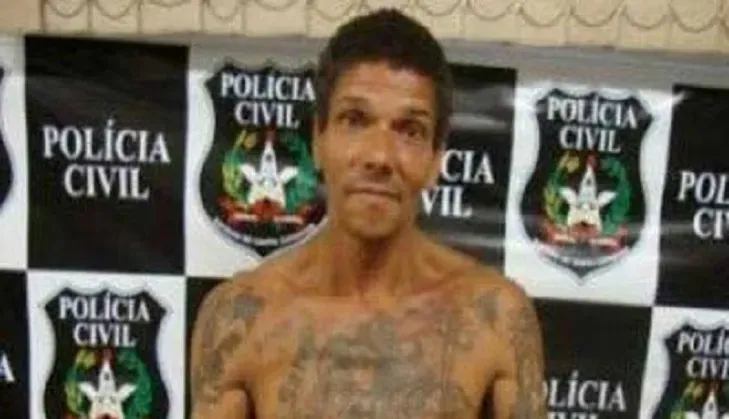
The stories and murders that Pedrinho accumulated during his lockup could fill book after book. But by far the craziest of these stories has to be when his own father, Pedro Sr., was sent to the same prison as his son.
What was his father’s crime? Pedro Sr. stabbed Emanuela twenty-one times during a drunken stupor after a bottle of whiskey.
When the shackled Pedrinho was led to view the body of his dead mother, a reporter wrote down his words. Standing over Emanuela, he said, “I will kill you, father, and from today you are not my father, I will eat your heart, I swear.”
Pedro Sr. wasn’t expected to live long inside prison walls, even in the isolated cell he was confined to. Eventually his son would visit him, even taking over the entire prison system to do so. He wouldn’t stop until he set the universe in balance again.
That day finally came.
“With the knife in my hand I could only think of my mother, how she tried to defend herself; she fought for her life, I saw her all cut up and stabbed. Then I went after him, he didn’t try to defend himself. As I promised, I counted 21 stabs. I cut his chest open and saw his heart still pulsing, that’s when I cut it out and began chewing on it and spitting it out.”

Conclusion
Many may find it hard to believe that Pedro Filho Rodrigues is a free man and has served the time given to him for his crimes. His exact victim count is unknown, but he is considered to be ranked as the fifth largest serial killer in history.
My research for this story came from one source, Pedro’s autobiography titled Pedrinho Matador: A Biografia. Since the book is written in Portuguese, with no English translation available, I did the best I could (with translation software) to depict his words as accurately as possible.




